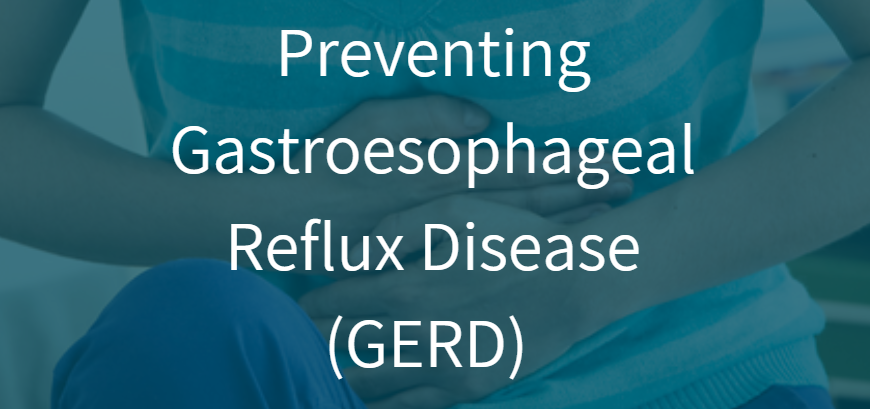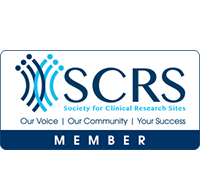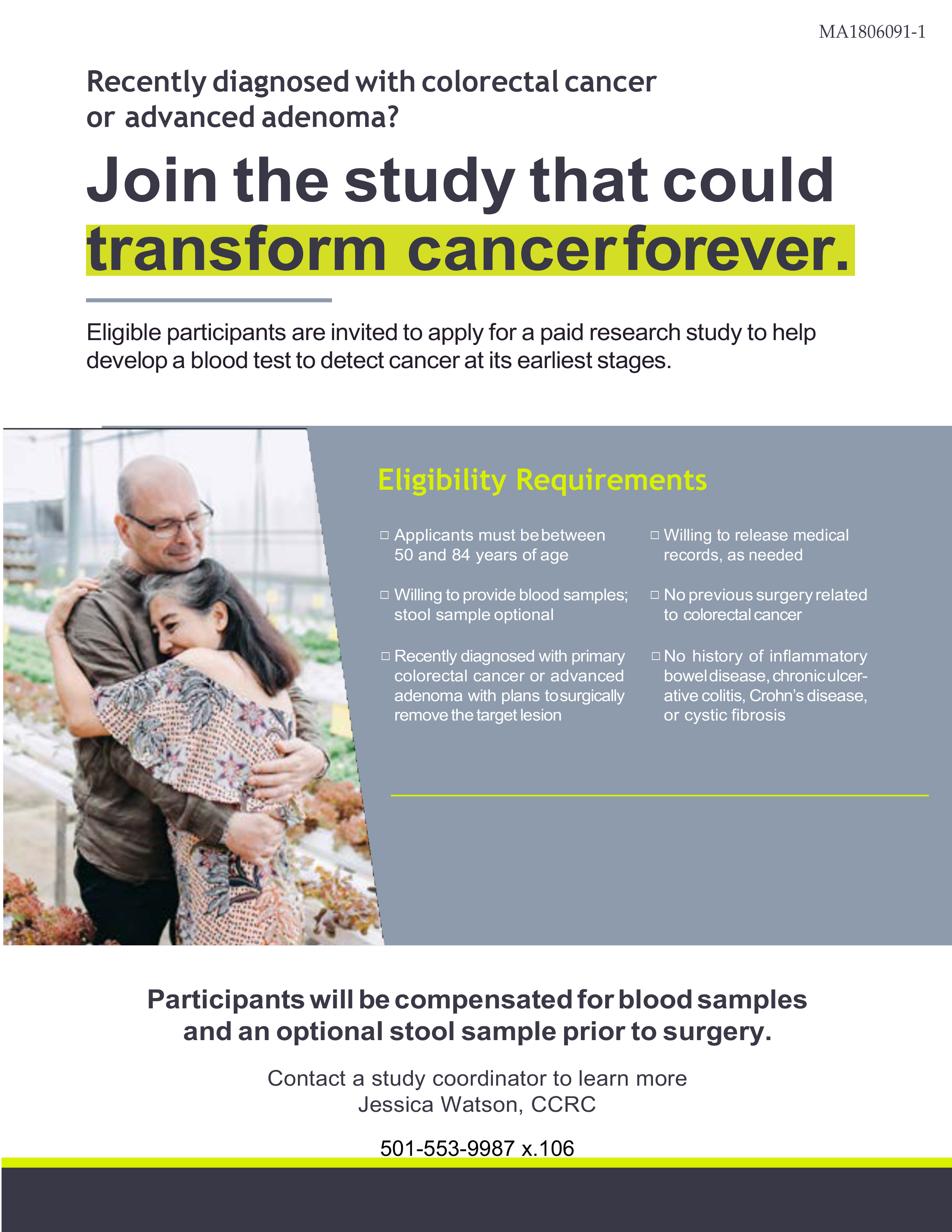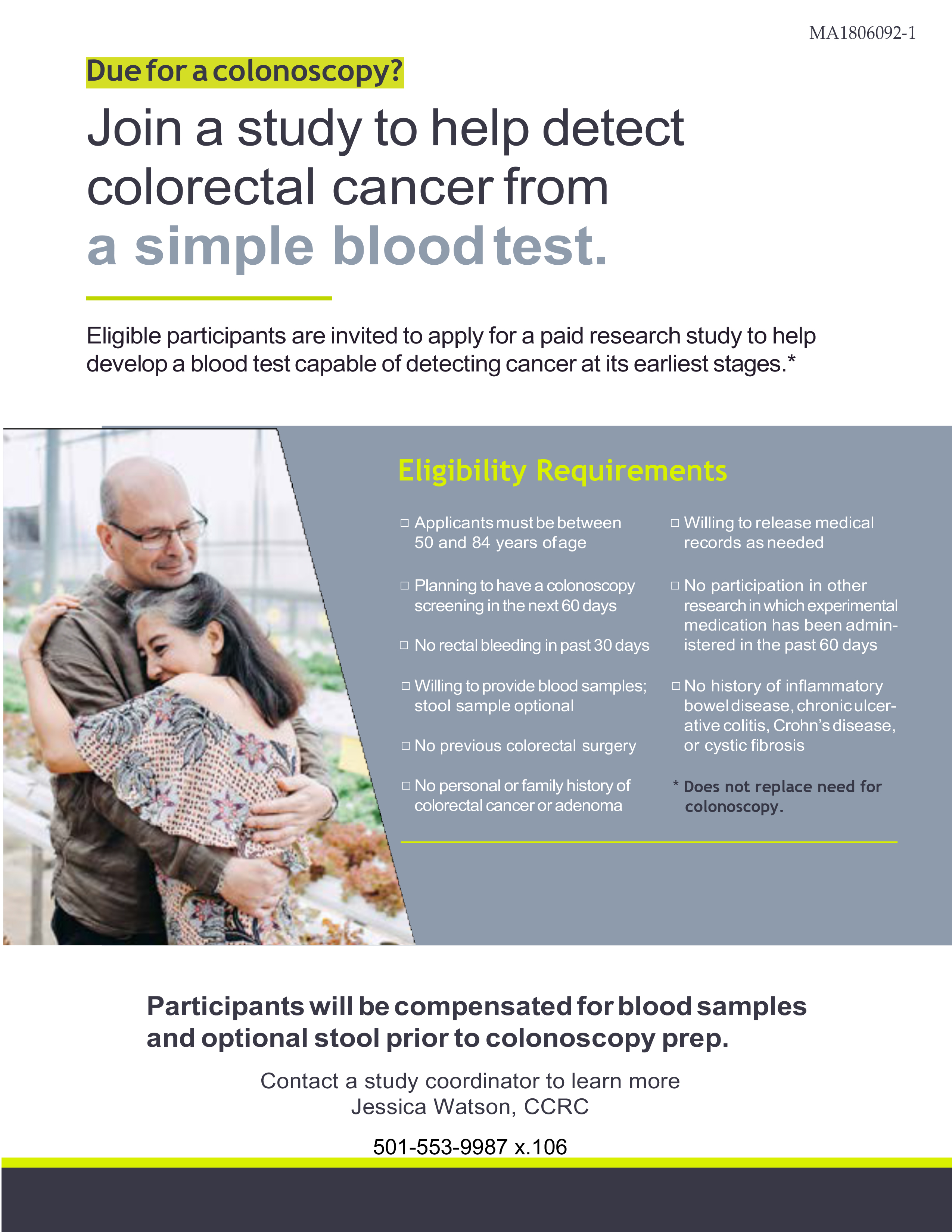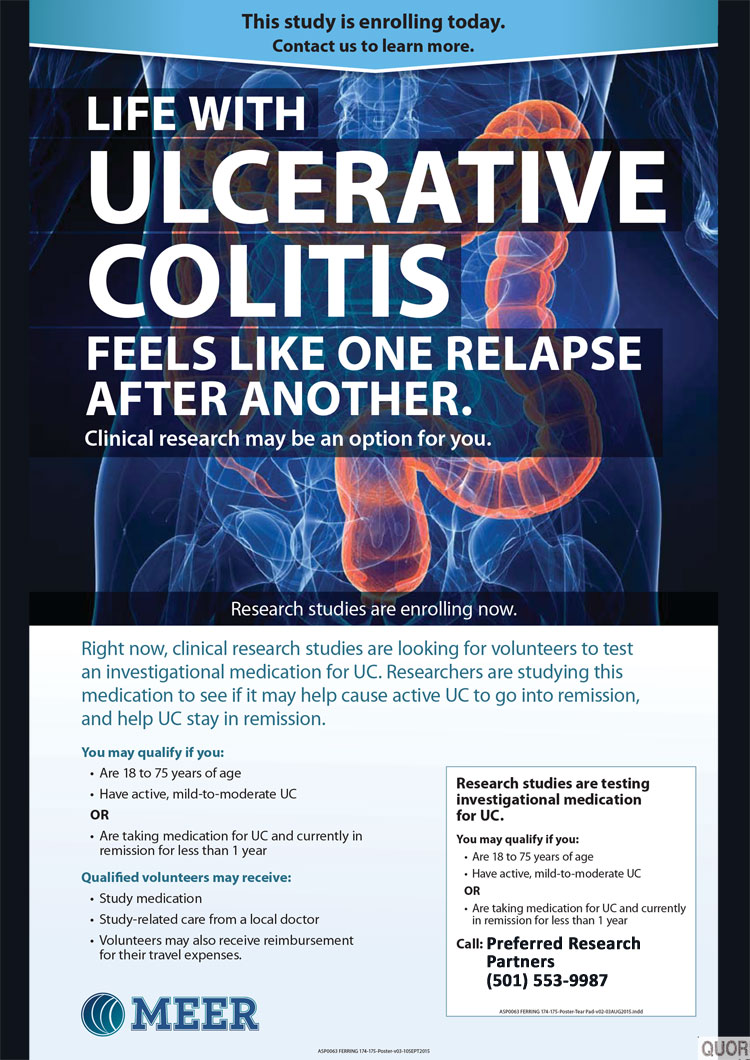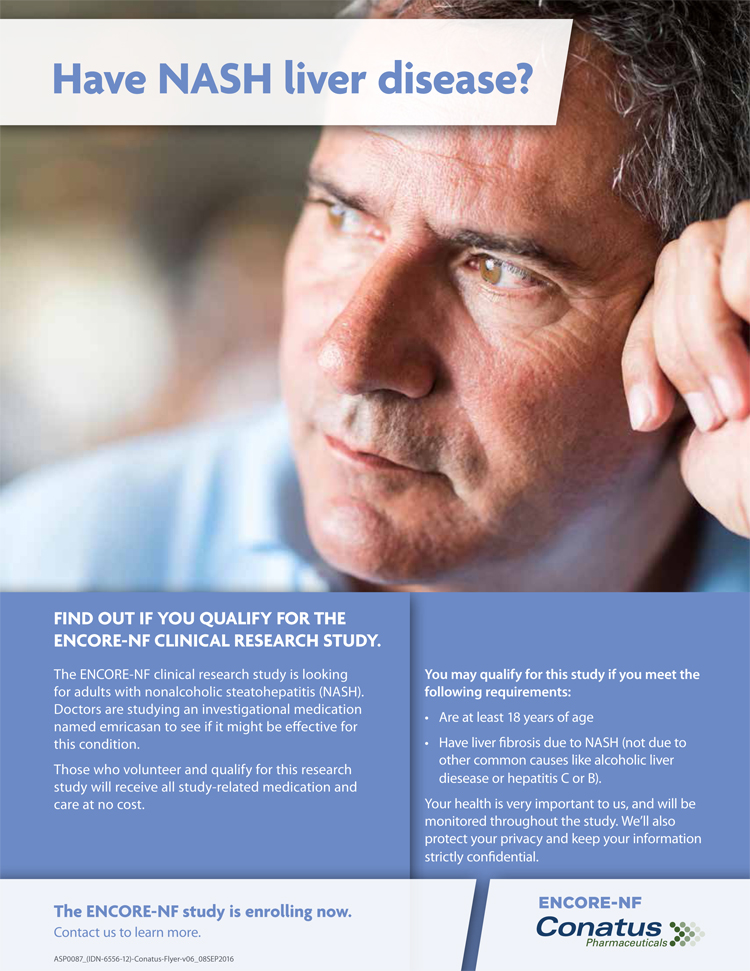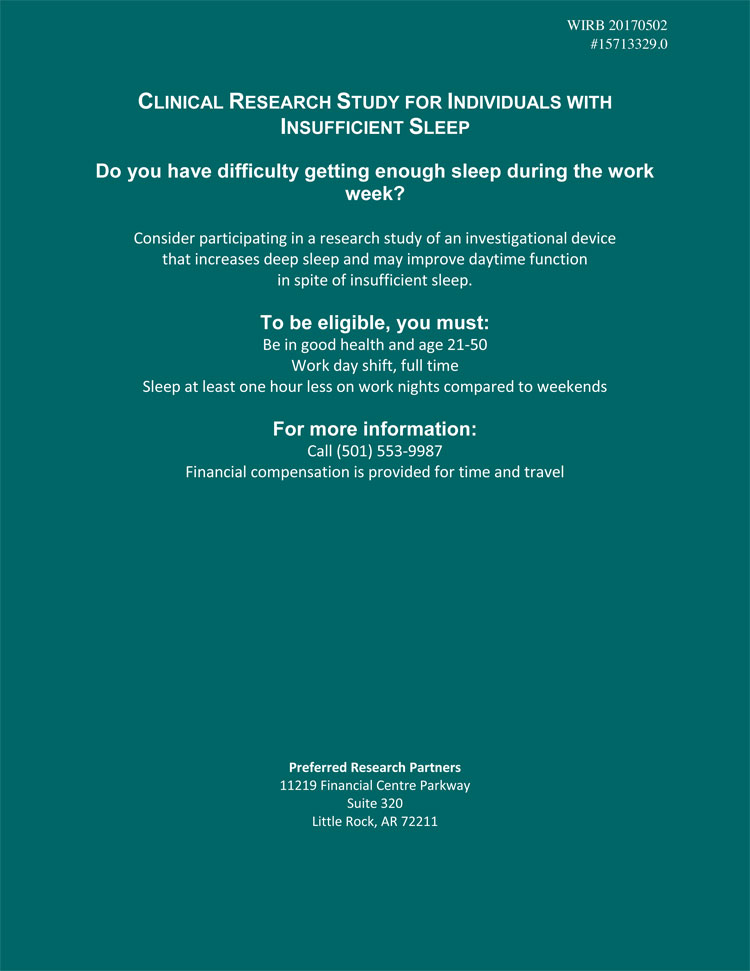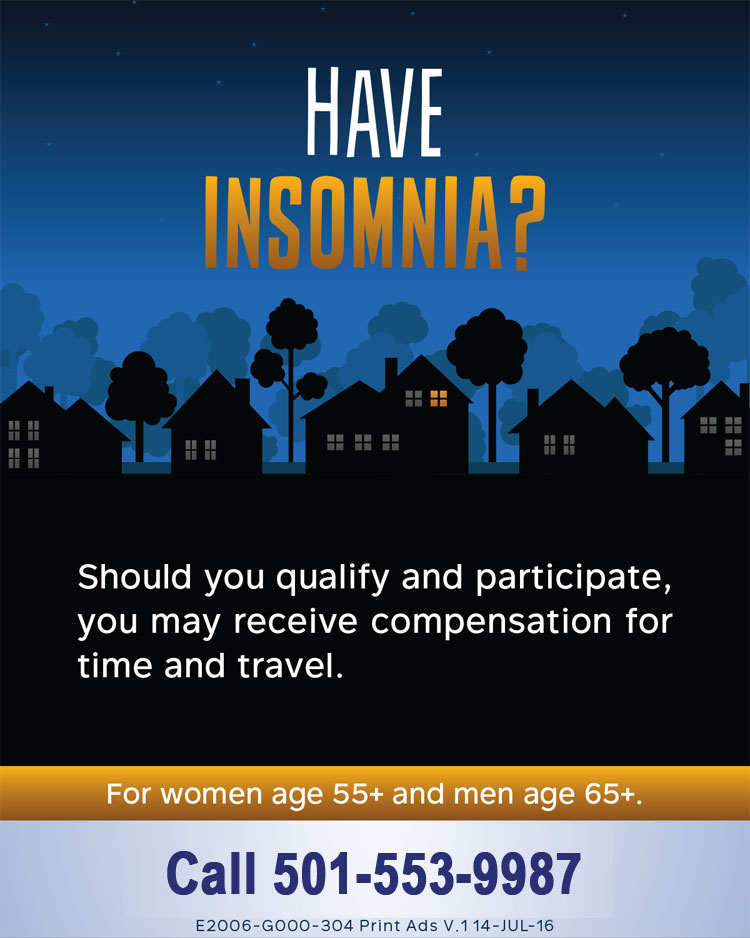What is GERD? GERD stands for gastroesophageal reflux disease and is a long-term condition in which acid from the stomach travels up the esophagus. Overtime GERD can damage esophageal lining which could lead to cancer in the throat. The good news is that the disease is almost completely preventable with the correct diet and lifestyle.
- Lose weight: According to Everyday Health, obesity is the leading cause of GERD
- Avoid certain foods that cause acid reflux:
- Fatty foods
- Spicy foods
- Acidic foods like tomatoes and citrus
- Mint
- Chocolate
- Onions
- Coffee or any caffeinated beverages
- Carbonated beverages
- Smaller meals: Smaller meals can help prevent GERD because the fuller you get, the more pressure is put on your lower esophageal sphincter (LES), which makes reflux and GERD more likely.
- Avoid lying down after eating: Professionals recommend waiting at least three hours before lying down after eating a meal.
- Elevate your bed: GERD is directly impacted by gravity. Raising the head of your bed 6-8 inches helps gravity keep acid down in your stomach.
- Review your meds: Certain medications increase your chances of developing GERD.
- Stop smoking: Studies have found that nicotine relaxes the muscles of LES and also prevents your saliva’s ability to clear acid out of your esophagus.
- Cut back on alcohol intake: Alcohol also caused the LES to relax and can cause your esophageal muscles to spasm.
- Your clothes: Wearing tight clothing or belts increases your chances because it constricts your stomach.
- Go gluten-free! Gluten-free diets are beneficial for many reasons, and at least one study has found that a gluten-free diet reduces GERD symptoms.
Are you currently living with GERD? You may qualify for our research study. Fill your information out below and someone will be in touch with you shortly to discuss the study.

